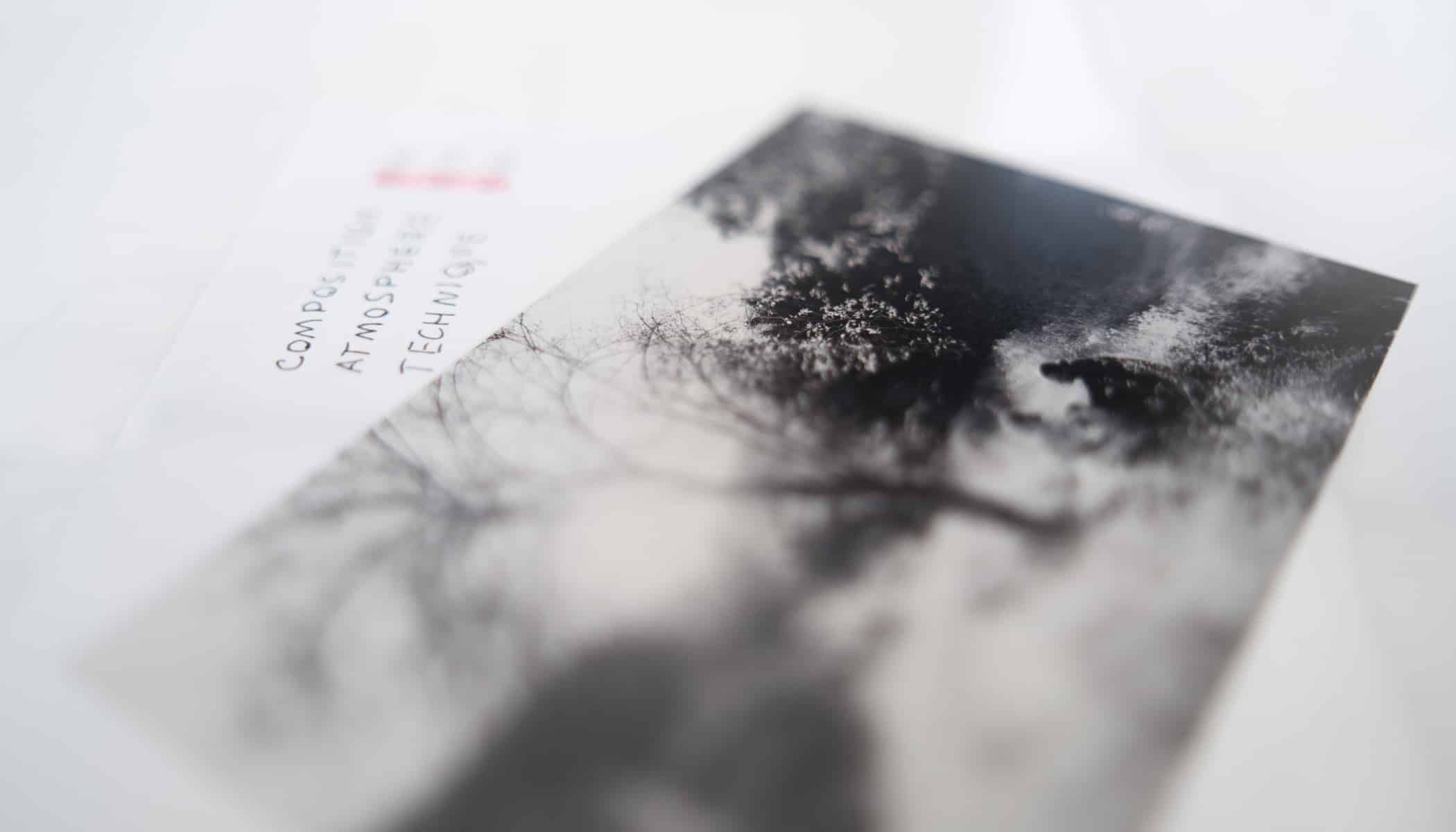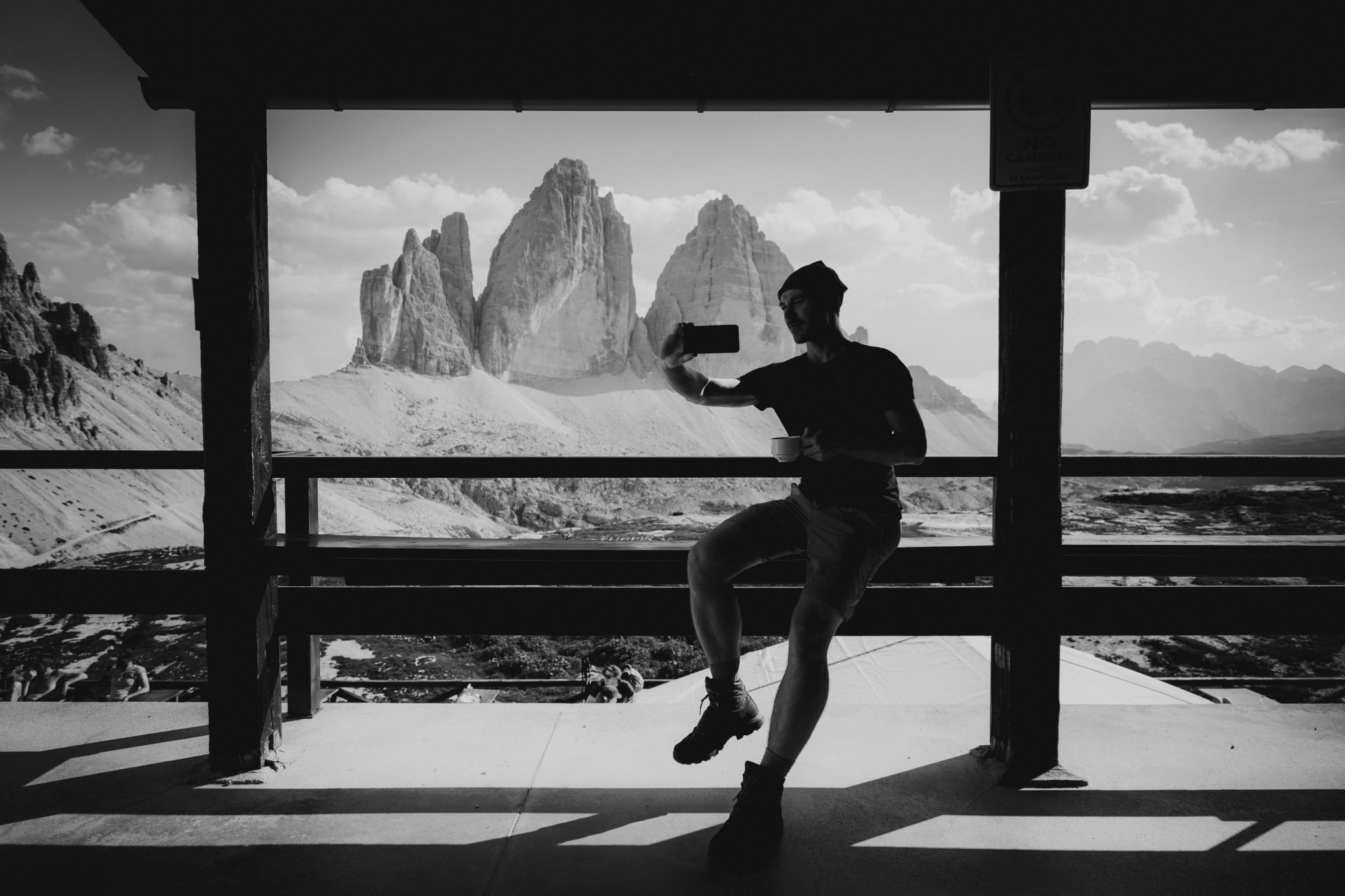Photography and criticism: How to accept constructive criticism and where seek it out

Every photographer knows how important it is to master their camera, know the principles of composition, and understand light. Even so, it is criticism and acknowledging opposing opinions that truly help their photography develop. Feedback is what gets you out of your comfort zone and forces you to further develop your skills. It’s critical that you are able to not only accept constructive criticism, but also make it work to help you further your photography.
When you learn something new, it naturally makes you happy. However, this is not where it ends. Putting your photography on display to the public means you have skin in the game. It’s challenging because negative criticism can hurt. Also, the process is never-ending and any feeling of having achieved perfection is always false. It may be difficult to hear, but it certainly shouldn’t discourage you. You will appreciate criticism when you are able to separate yourself from it and realize how much it has helped you develop.
Don’t take it personally
This may sound trivial, but many photographers take criticism as a personal attack on themselves or their work. They think that their purpose was simply misunderstood. They forget that they have a close personal connection to the place or person they photographed which prevents them from seeing the photograph objectively. For this reason, it’s important to know how others see the photo and if they see what you intended to convey.
Of equal importance is that the critic is able to identify and explain what they don’t like in your photo. If the feedback is too generic, ask your critic to further explain their reasoning behind it.

Criticism doesn’t mean you’re a bad photographer
Negative feedback doesn’t mean you should abandon your photography theme or photography altogether. It should, however, motivate you to think about why you take the pictures you take and what you can do to improve them. Always be grateful for constructive criticism. Try to break free from the confines of your own ego, which naturally dislikes criticism, and try to view the feedback in a positive light. If someone makes the effort to critique your work, it means that they want to help you and not tell you that you’re a bad photographer.
On the basis of the feedback you receive, try to further study your shortcomings and focus on their improvement. Photography is quite subjective, so don’t take criticism from only one person. The more people who evaluate your photography, the better.
Finding your way
If you have received enough feedback, a new problem arises. Every opinion is different, oftentimes even conflicting. What can you make of it? There’s no set rulebook, so you have to rely on your intuition. For example, if someone critiques the lack of sharpness in your photos, but someone else likes it, try to ask yourself the question if the lack of sharpness in your photo serves some sort of purpose. Did you wish to communicate something using it? As the photographer, you always have the last word. Try to find a balance between freely accepting all criticism and staying true to your own style, your own story.

How to recognize a bitter critic
Unfortunately, not every criticism is constructive. In some cases, it can be an attack with bitterness or jealousy fueling the criticism. You’ll recognize this because their criticism will be aggressive, rude, or overly general (“It’s all wrong!”), and doesn’t contain one constructive element.
You’ll also recognize a bitter critic by the fact that they judge or ridicule the content of your photograph. A typical example is the criticism of the appearance of your model or the lifestyle of your subject. Here it is best to take a deep breath and try not to react. Any type of reaction is sure to spark even more distaste and will only encourage the bitter critic. Value your own time and don’t waste it by entering into a discussion.
Where to find constructive criticism
The simplest source is social media and online photography communities. There are a great number of local and international groups where you can share photos and receive feedback. The advantage is they are easily accessible. A disadvantage may be very blunt comments coming from people who may not know what they’re talking about.
The next step up is to create a community of friends via social media where you can evaluate each other’s photography. Photography clubs are similar and can be found in almost every city and allow you to easily become a member. The disadvantage paradoxically may be the close personal connections you make when your reviewer loses objectiveness regarding your work or simply doesn’t want to critique it.

The third and best option is to ask a reputable photographer to review your work, or do a “portfolio review.” It may cost you a substantial amount of money, but the opinion of an expert from your field can also be extremely valuable and constructive. Don’t be afraid to contact a photographer you respect. The worst they can say is no.
If you are unsure who to contact, find a photographer that has some experience under their belt – a book publication, exhibit in a well-known gallery, submissions to prestigious photography institutes. You can’t go wrong with these. Don’t flock to photographers who know how to work social media better than their own camera and have more “likes” than actual accomplishments.